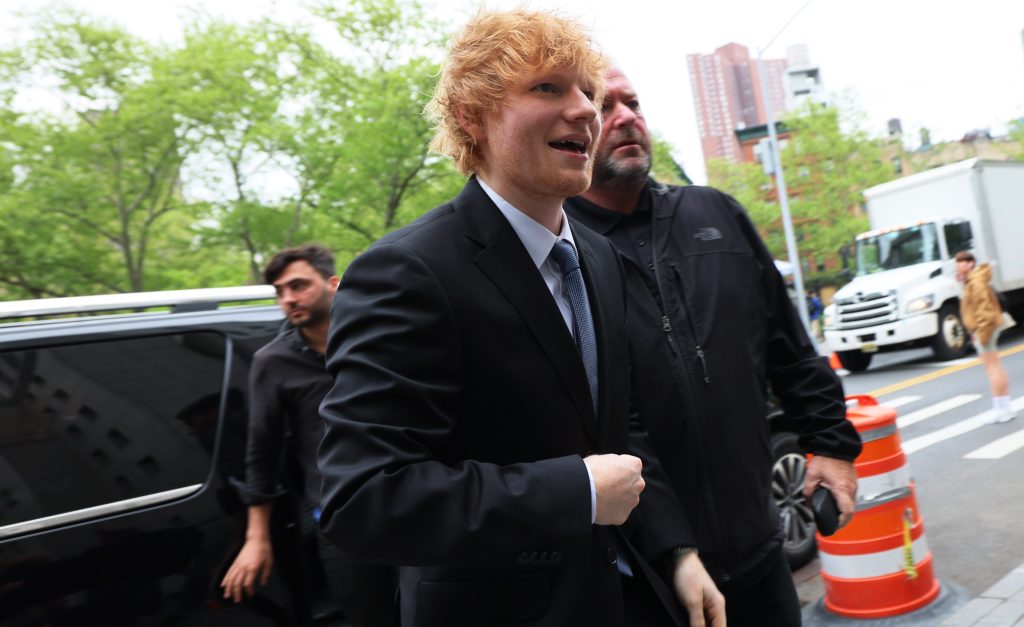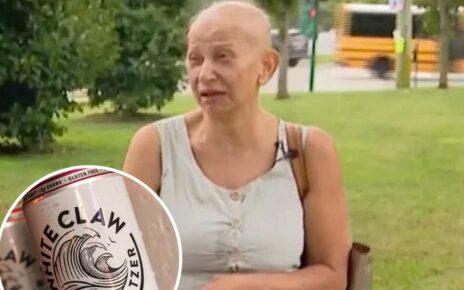Ed Sheeran was acquitted Thursday in Manhattan federal court on a charge that he plagiarized the Marvin Gaye ’70s hit “Let’s Get It On” for his own “Thinking Out Loud.”
The verdict that found him not liable for copyright infringement came after just a few hours of deliberation Thursday.
The jury had officially begun deliberations after closing arguments Wednesday evening, although, since it was after 5 p.m., the judge held them just long enough for a get-acquainted session before sending them home for the night.
U.S. District Court Judge Louis Stanton had sent the Manhattan jury into deliberations with a pointed admonition: “Independent creation is a complete defense, no matter how similar that song is.”
Stanton’s instructions left a high bar in the jury’s minds for just how much evidence the plaintiffs’ attorneys needed to have established to prove that Sheeran and his co-writer actually copied Gaye’s 1973 song “Let’s Get It On” when they wrote the 2014 pop hit “Thinking Out Loud.”
Stanton told jurors that the lawyers for the heirs of Gaye’s co-writer, Ed Townsend, needed to “prove by a preponderance of the evidence… that Sheeran actually copied and wrongfully copied ‘Let’s Get It On’” — as opposed to the coincidental, negligible similarities argued by Sheeran’s attorneys.
In closing arguments, Sheeran attorney Ilene Farkas referred back to the other side’s contention that the singer’s concert mashup of the two songs constituted “a smoking gun” and “a confession.” Said Farkas, “He did a mashup one night. That’s a plaintiff’s confession, their smoking gun?… Simply put: the plaintiff’s ‘smoking gun’ was shooting blanks.”
Before the case was left with the jury, Sheeran attorney Ilene Farkas told the jurors in a closing argument that similarities in chords or rhythm — versus melody and lyrics — were “the letters of the alphabet of music… These are basic musical building blocks that songwriters now and forever must be free to use, or all of us who love music will be poorer for it,” Farkas said.
Keisha Rice, another attorney for the plaintiffs, argued in return that the case hinged on “the way in which these common elements were uniquely combined.”
Sheeran had claimed in testimony earlier this week that he would quit the industry if found guilty. “If that happens, I’m done, I’m stopping,” he said. “I find it really insulting to devote my whole life to being a performer and a songwriter and have someone diminish it.”
More to come…
Read More About:
Source: Read Full Article

